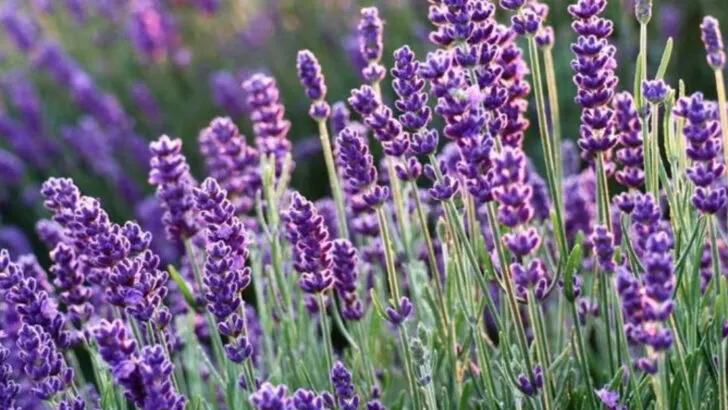Herbs have always been essential in the kitchen—but some offer far more than just flavor. Many common culinary herbs contain powerful plant compounds that support mood, enhance memory, and even stimulate metabolism. And the best part? You can grow them easily at home, whether on a sunny windowsill or in your backyard garden.
In this article, we’re highlighting 17 culinary herbs that pull double (or triple) duty: they upgrade your meals and give your body the support it needs to feel focused, energized, and balanced. From rosemary for cognitive clarity to basil for stress relief and peppermint for digestion and energy, these herbs are small plants with big potential.
At Plantisima, we know that growing herbs is one of the simplest and most rewarding ways to connect wellness with gardening. These plants aren’t just flavorful—they’re functional. So if you’re looking to create a garden that feeds both your body and mind, these multitasking herbs are the perfect place to start.
Basil
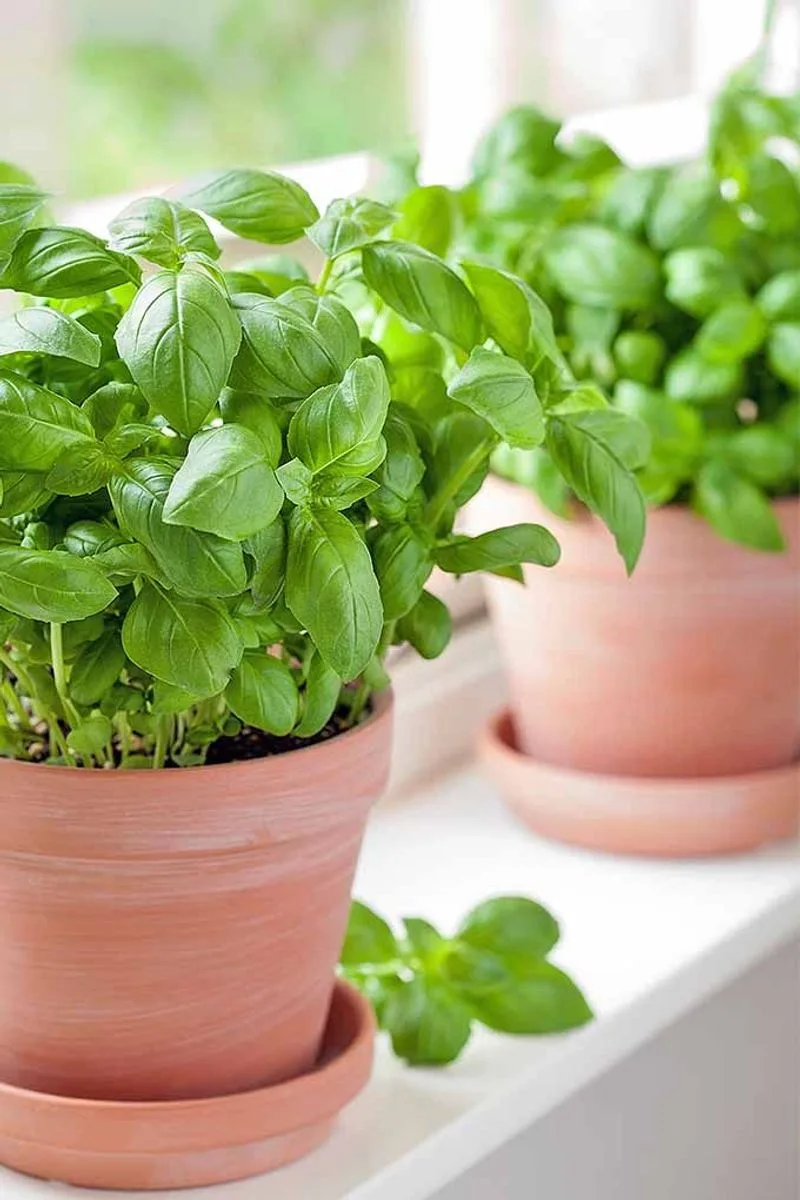
Ever wondered why basil is synonymous with comfort food? Its sweet aroma and distinct flavor transform dishes into comforting experiences. Beyond its culinary appeal, basil is known for its anti-inflammatory properties, making it a natural mood enhancer. Studies suggest that the compounds in basil may help improve mental clarity and concentration. This herb’s ability to stimulate the brain is not just an old wives’ tale. Incorporating basil into your diet can offer a gentle push towards a more focused and serene mind.
Rosemary
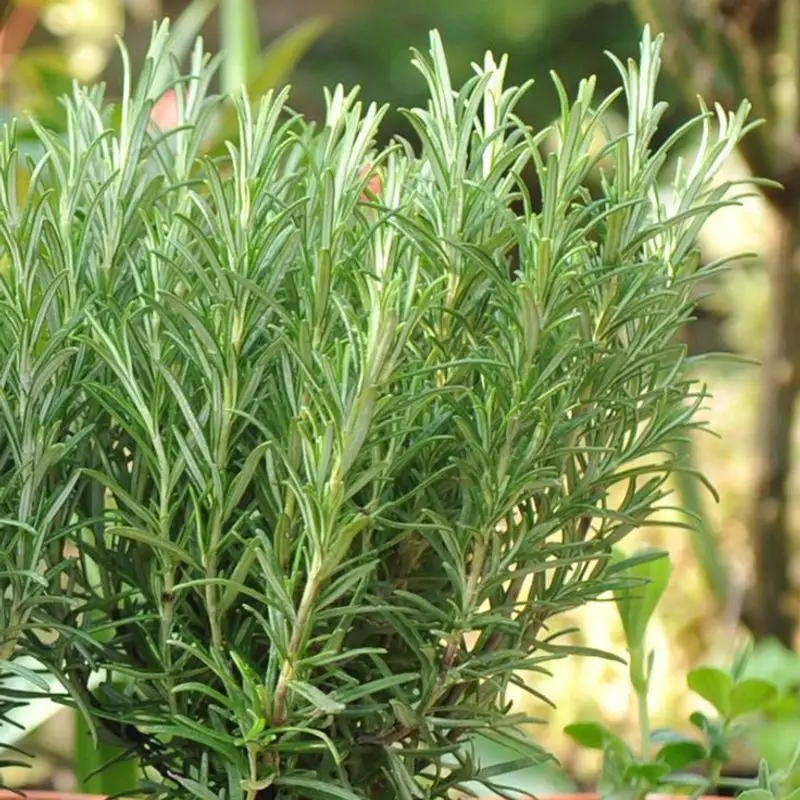
With a legacy as old as time, rosemary’s reputation as a memory booster dates back to ancient Greece. This robust herb’s aroma is said to be linked to improved cognitive performance. Whether sprinkled over roasted potatoes or infused in oils, rosemary’s unique compounds can enhance memory retention. It’s more than just an aromatic delight—rosemary engages the senses and sharpens the mind. In a world where focus is a precious commodity, rosemary’s role in boosting cognitive abilities is invaluable.
Thyme

Thyme is more than a simple seasoning; it’s a powerhouse of nutrients. Rich in vitamins and antioxidants, thyme has been celebrated for centuries for its medicinal properties. The herb’s invigorating aroma can uplift the spirit, making it a favorite in aromatherapy. As a natural antiseptic, it’s known to boost immunity, indirectly supporting mental clarity. Thyme’s subtle yet distinctive presence in dishes can add more than just flavor; it provides a holistic boost to both body and mind.
Mint
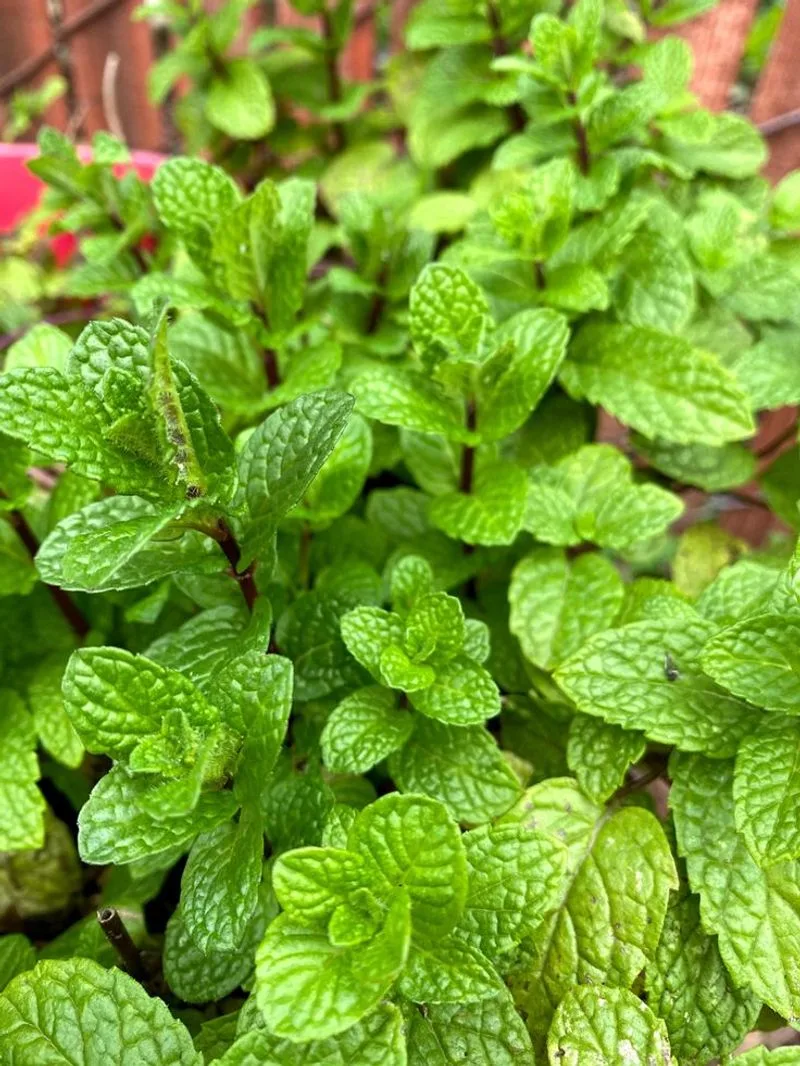
Mint is synonymous with refreshment. Beyond adding zest to beverages and dishes, mint is celebrated for its ability to soothe the mind. The menthol in mint leaves can help alleviate stress and enhance mood. This herb also aids digestion, further contributing to overall well-being. Whether brewed in teas or used as garnishes, mint’s dual role in culinary and mental health support is undeniable. This versatile herb embodies relaxation and rejuvenation, making it a staple in kitchens worldwide.
Oregano
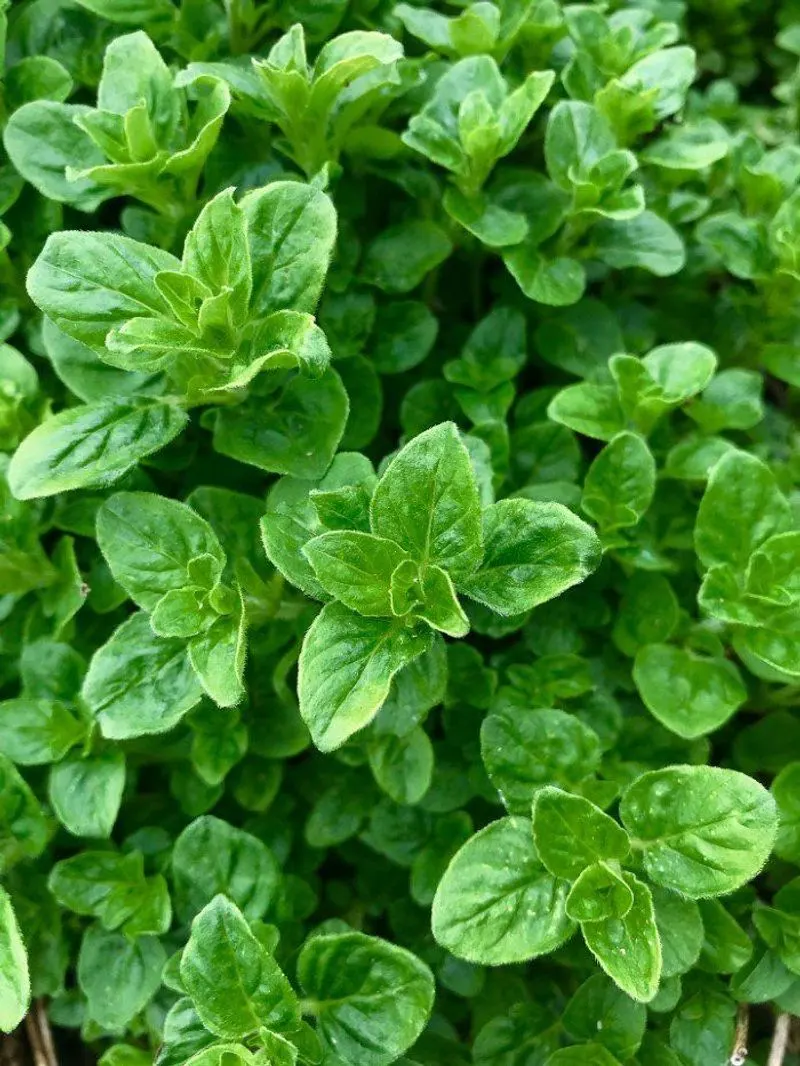
Often associated with Mediterranean cuisine, oregano is more than just a seasoning. This herb is packed with antioxidants, which may help fight off free radicals and support cognitive health. Known for its potent aroma, oregano can uplift the mood and encourage a sense of well-being. Its essential oils, often used in aromatherapy, have been linked to improved mental clarity. Oregano’s robust presence in dishes is not just for taste; it’s a natural ally in promoting mental agility.
Sage
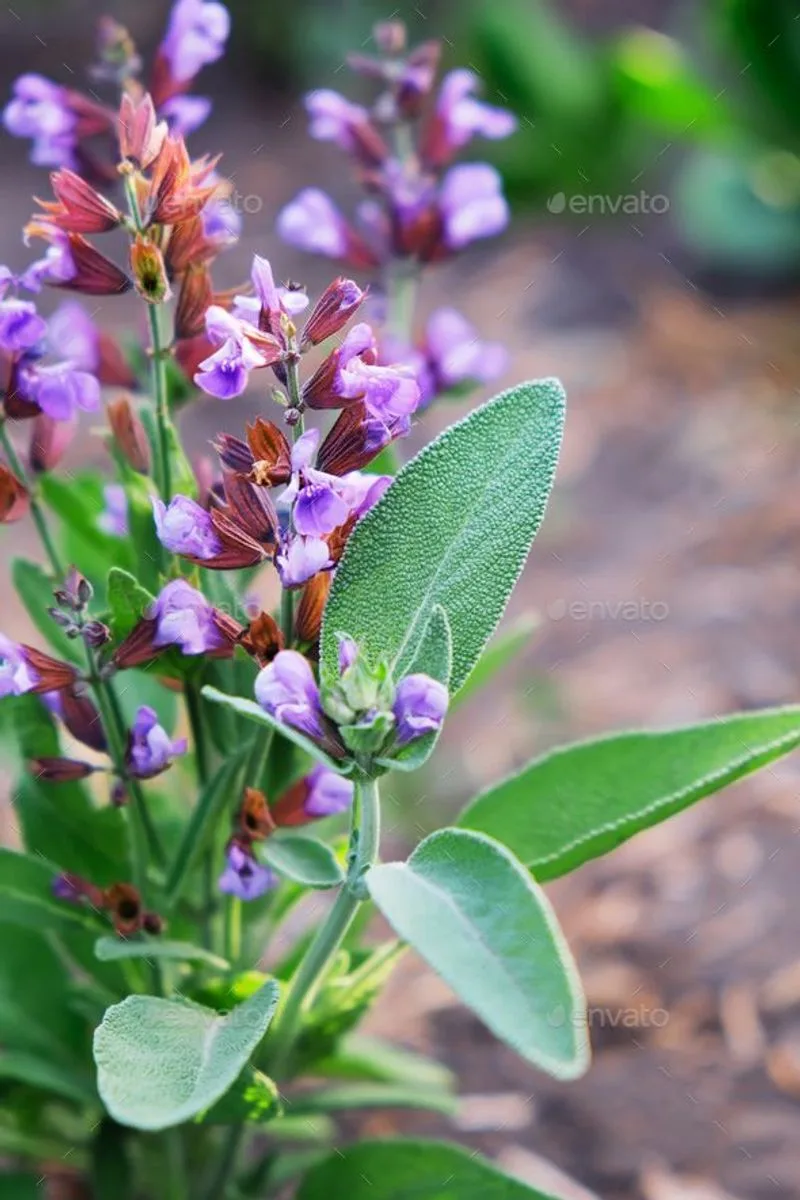
Sage’s earthy aroma is not just comforting; it’s known for its mood-enhancing properties. Historical records reveal that sage has been associated with wisdom and improved mental function. The herb’s potent antioxidants play a crucial role in supporting cognitive health. Sage’s ability to enhance memory and mood makes it a cherished ingredient in both culinary and medicinal circles. Its presence in autumnal recipes is a nod to its comforting and grounding qualities, a true testament to its versatile nature.
Cilantro
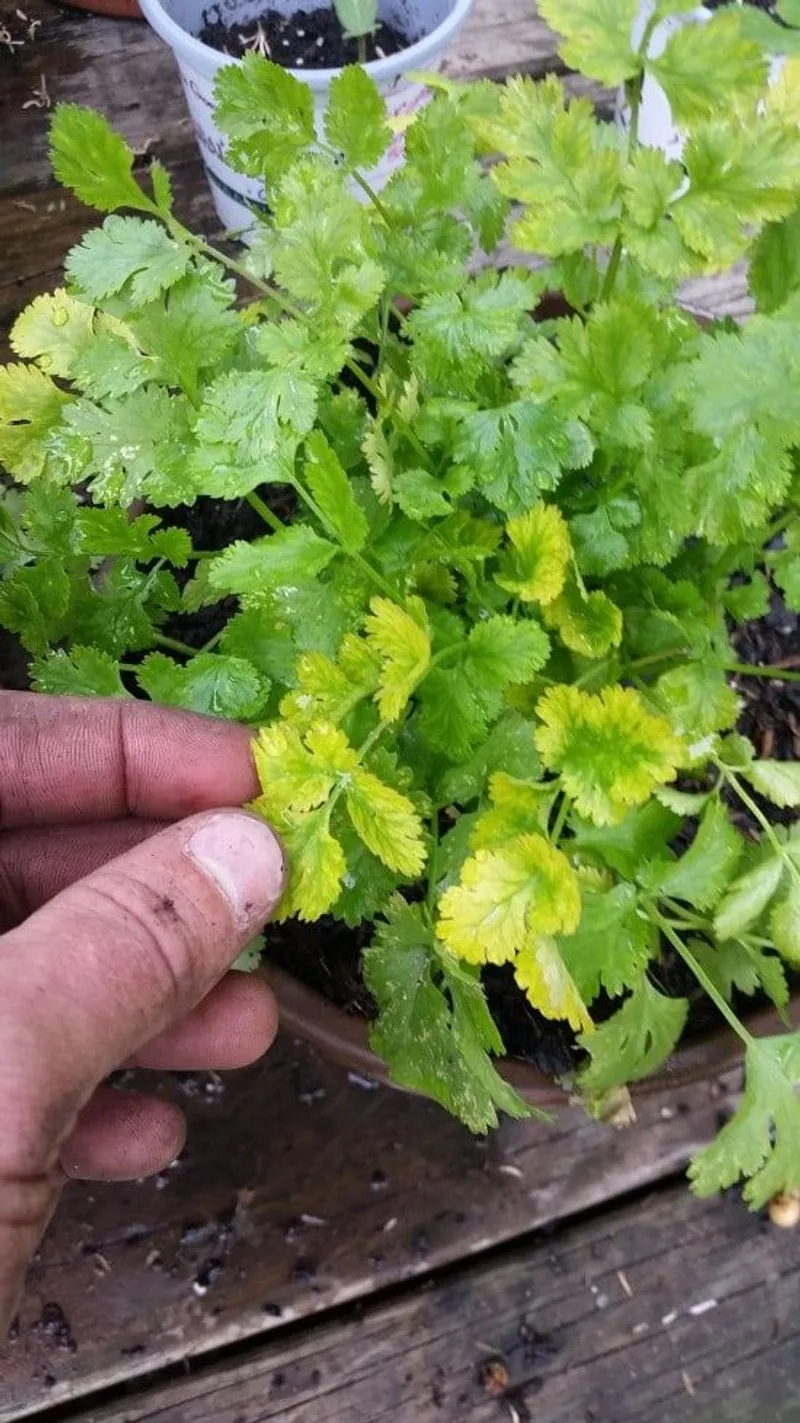
Cilantro, with its unmistakable flavor, divides opinions but wins hearts with its health benefits. Rich in antioxidants, cilantro aids in detoxifying the body, indirectly boosting mental clarity. Its fresh aroma can invigorate the senses, lifting the spirit. This herb’s detoxifying properties are not just skin-deep; they refresh the mind as well. Beyond garnishing, cilantro’s role in promoting a clear mind and balanced mood is gaining recognition in health-conscious circles.
Lemongrass

Lemongrass, with its citrusy scent, is a staple in Asian cuisine. Beyond its culinary appeal, this herb is celebrated for its calming properties. Lemongrass tea is a popular choice for those seeking relaxation and stress relief. The essential oils found in lemongrass may help reduce anxiety and promote a sense of well-being. Its refreshing aroma can invigorate the senses, providing a gentle boost to both mood and metabolism. A versatile herb that complements both savory and sweet dishes, lemongrass is a delightful addition to any culinary repertoire.
Lavender

Lavender’s calming fragrance is renowned for its ability to soothe the mind and body. Often used in aromatherapy, lavender can help reduce stress and improve sleep quality. Its gentle aroma is a natural mood enhancer, promoting relaxation and tranquility. Beyond its therapeutic uses, lavender adds a subtle floral note to culinary creations, from desserts to beverages. This herb’s dual role in culinary and emotional well-being makes it a cherished addition to any herb garden.
Parsley
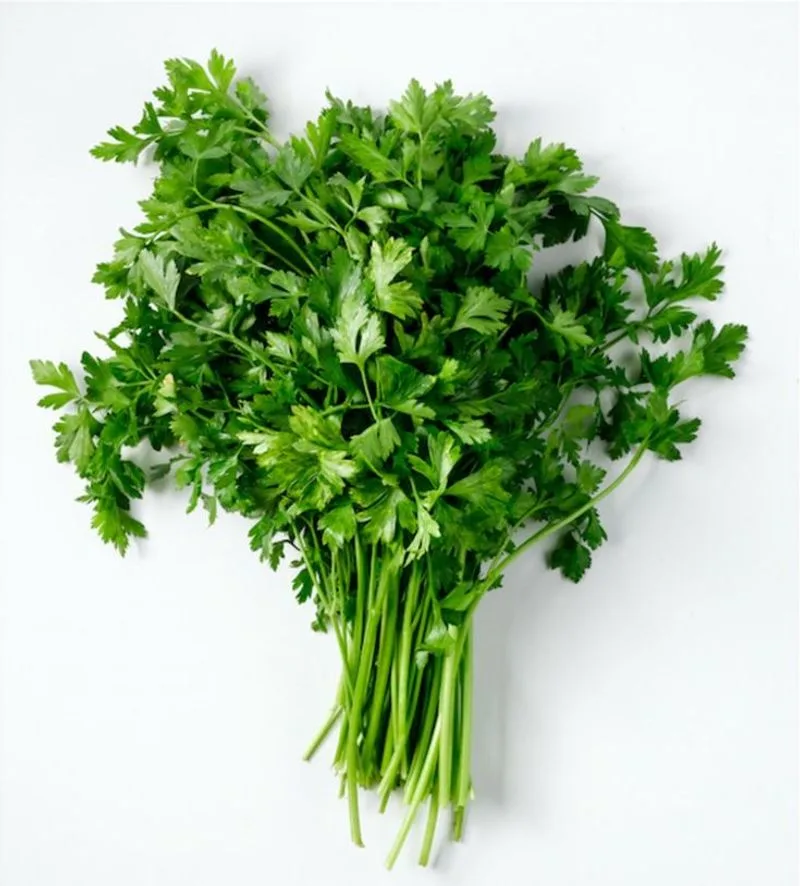
Parsley, often seen as a mere garnish, holds hidden powers that elevate it beyond decoration. Rich in vitamins and minerals, parsley supports overall health, boosting energy levels. Its refreshing flavor can invigorate the senses, promoting mental clarity. Whether chopped in salads or blended in smoothies, parsley’s nutritional benefits contribute to a balanced mood. This humble herb’s ability to enhance both flavor and well-being is a testament to its understated charm and versatility.
Chamomile

Chamomile, often associated with calming teas, offers more than just a soothing experience. Known for its anti-anxiety properties, chamomile can promote relaxation and improve mood. The gentle aroma of chamomile flowers is a natural way to unwind after a long day. Beyond its role in teas, chamomile finds a place in culinary delights, adding a subtle floral note. This herb’s ability to ease the mind while enhancing flavors makes it a valuable addition to any kitchen.
Fennel
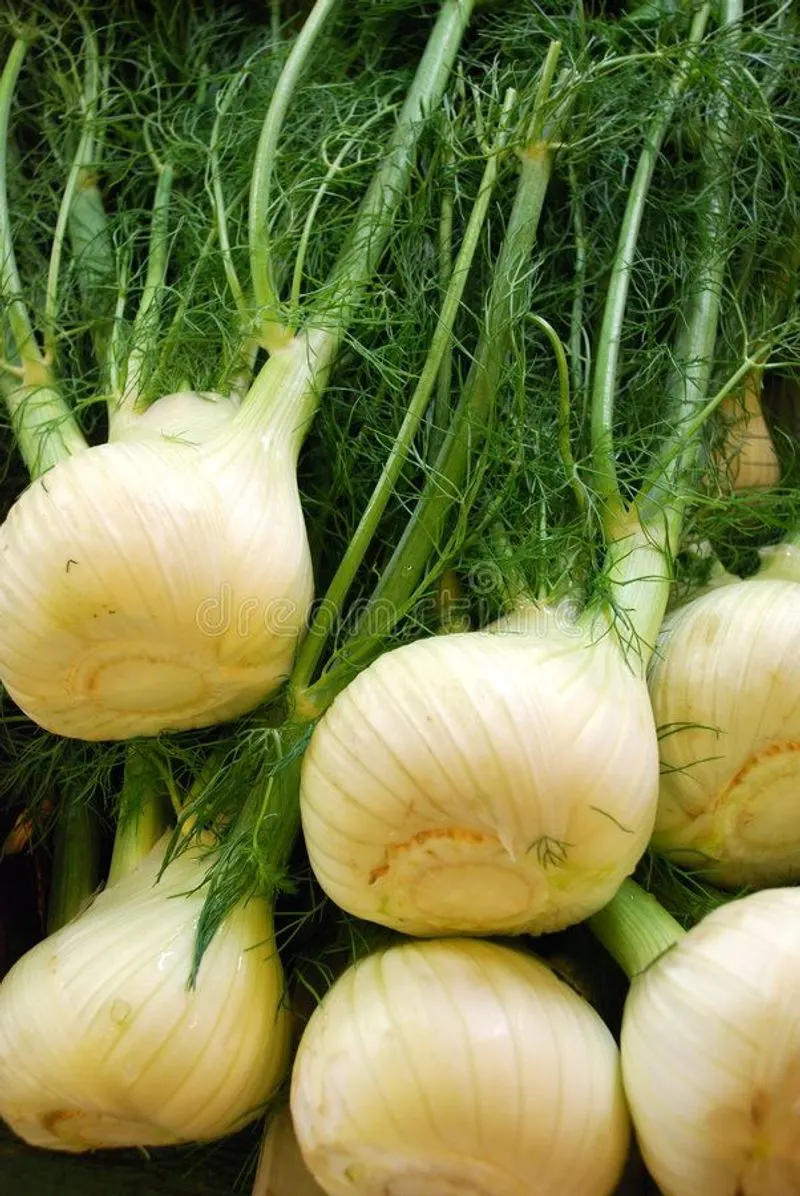
Fennel, with its distinct anise-like flavor, offers more than just a unique taste. Rich in fiber and antioxidants, fennel supports digestion and boosts metabolism. Its aromatic seeds can enhance focus and mental clarity. Whether roasted, grilled, or raw, fennel adds a refreshing crunch and flavor to dishes. This versatile herb’s dual role in culinary and health benefits makes it a cherished ingredient in kitchens worldwide. Fennel’s ability to support both body and mind is truly remarkable.
Tarragon
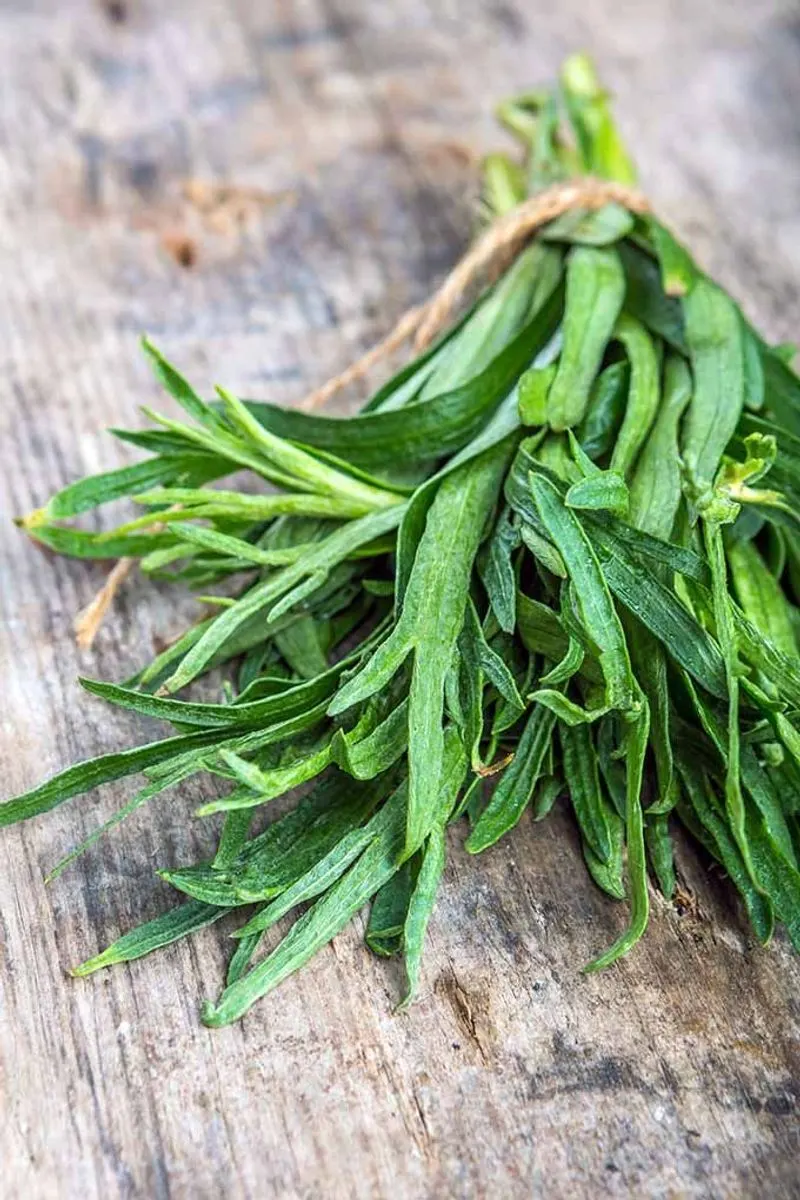
Tarragon’s elegant flavor profile is matched by its health benefits. Known for its ability to stimulate appetite and aid digestion, tarragon also supports metabolic health. This herb’s subtle anise-like flavor pairs beautifully with vinegars and salads, enhancing culinary experiences. Beyond taste, tarragon’s impact on metabolism and mood is making headlines in the health community. Its presence in gourmet dishes is not just for aesthetics, but for its contribution to overall well-being.
Chives
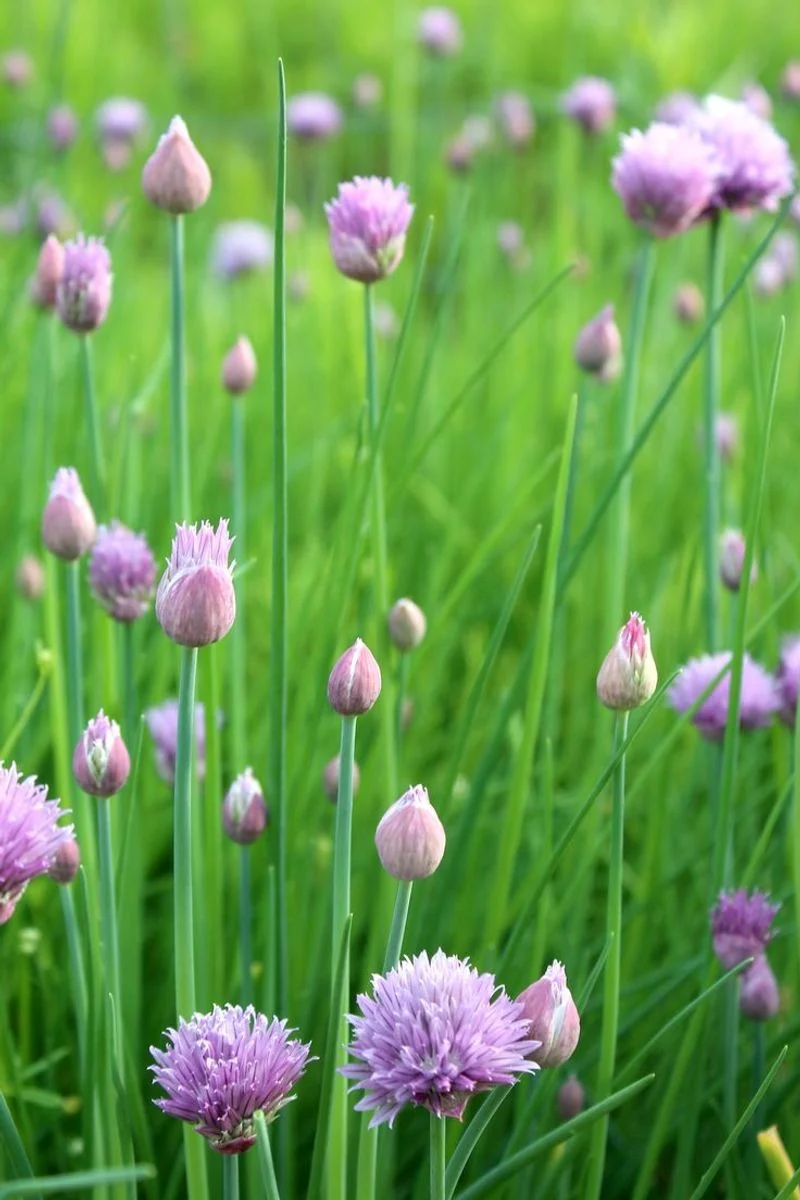
Chives may be small in stature, but they pack a punch when it comes to health benefits. Rich in vitamins and minerals, chives support metabolic health and boost energy levels. Their mild onion flavor can enhance the taste of various dishes, from soups to omelets. Beyond their culinary appeal, chives contribute to a balanced mood, making them a valuable addition to any diet. This humble herb’s ability to enhance both flavor and health is a testament to its significance in the culinary world.
Dill

Dill’s feathery fronds are more than just a visual delight; they offer a treasure trove of health benefits. Known for its calming properties, dill can help reduce stress and promote relaxation. Its unique flavor adds a burst of freshness to dishes, from pickles to salads. Beyond its culinary uses, dill’s impact on mood and digestion is celebrated in various cultures. This herb’s ability to soothe the mind while enhancing flavors makes it a valued ingredient in any kitchen.
Bay Leaves

Bay leaves, often overlooked, are integral to flavoring soups and stews. Their subtle aroma can enhance the depth of dishes, creating a comforting culinary experience. Beyond their flavor, bay leaves are known for their ability to improve digestion and support metabolic health. As a natural anti-inflammatory, they contribute to overall wellness. This herb’s understated role in the kitchen belies its contribution to health and flavor, making it a staple in slow-cooked recipes.

